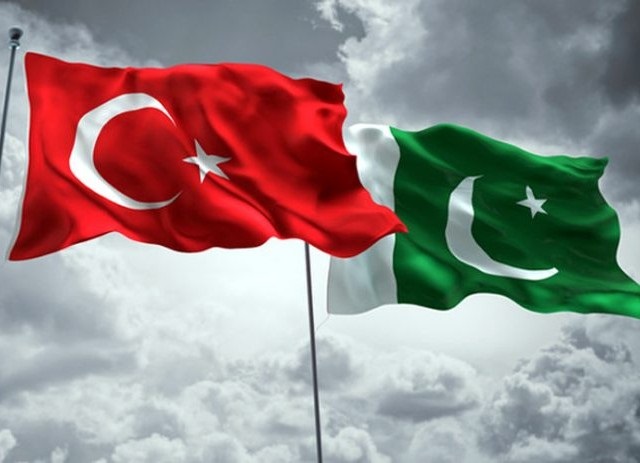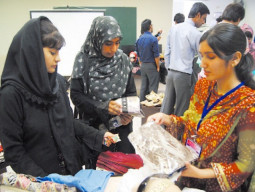
Ambassadors of Pakistan and Turkey resolved on Thursday to work more for enhancing bilateral trade besides cooperation in other fields.
They were speaking at a webinar on "Pakistan-Turkey relations, opportunities to enhance cooperation", organised by the Muslim Institute, an Islamabad-based think tank.
Pakistan's Ambassador to Turkey Syrus Sajjad Qazi said bilateral trade, despite deep political and cultural relations, hovers between $600 million and $800 million, which is not "very impressive".
"During President Recep Tayyip Erdogan's visit to Pakistan this February, the two sides decided to take a fresh and out-of-the-box approach towards trade issues," he said, adding that 100 Turkish companies are operating in Pakistan in fields such as construction, consumer goods, services and infrastructure development.
Turkey and Pakistan inked several memorandums of understanding aimed at boosting bilateral trade, economic engagement and cultural and communication ties.
Turkish Ambassador to Pakistan Ihsan Mustafa Yurdakul said the two countries were working to enhance bilateral relations in the field of economics. "We have perfect political relations but there is gap in our economic relations which needs to be filled," he said.
"There is good cooperation in many sectors, including defence." Highlighting the standard of Turkey's higher education system, Yurdakul said the number of Pakistani students in Turkish universities was steadily increasing.
He also spoke about joint efforts between Ankara and Islamabad at international forums, citing that both sides would continue raising voice against growing Islamophobia in the world.
"We are very satisfied with this level of cooperation," he concluded. Muslim Institute Chairman Sahibzada Sultan Ahmed Ali, former vice chief of Pakistan Navy Khan Hasham bin Saddique, Middle East Studies Centre Turkey Director Professor Ahmet Uysal and Islamabad-based defence analyst Shabana Fayyaz also talked about historical Pakistan-Turkey ties.
They suggested to further enhance collaboration in education, health, tourism, culture, industries and halal food sectors.


















COMMENTS
Comments are moderated and generally will be posted if they are on-topic and not abusive.
For more information, please see our Comments FAQ